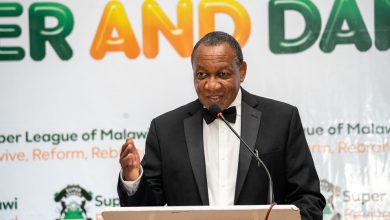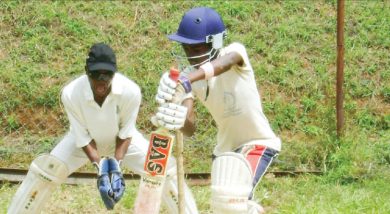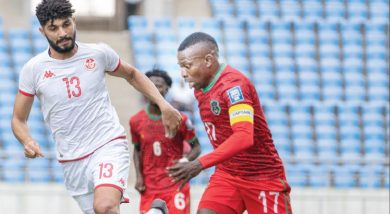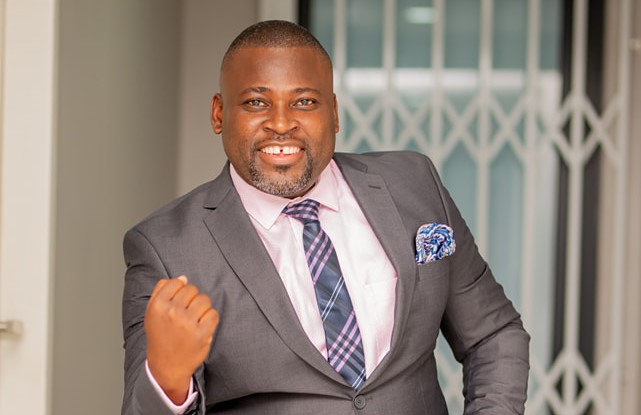Beit Cures tops treating adult players
Football clubs have been dealt a blow after one of the country’s orthopaedic facilities Beit Cure International Hospital introduced a no-adults policy.
Beit Cure director of programmes and development Davie Simengwa said the hospital decided to revert to its original policy of treating Under-18s only after realising that it was digressing from its objective.

He said: “Let me start by saying that the hospital was built to assist children, but because there was a huge need of adult orthopaedic cases, the hospital extended that help to adults.
“However, after realising that it was going offline the mandated objective, it was resolved that the hospital has to go back to its original mandate which is to look at children’s orthopaedics needs.
“Strategically, this was arrived at after reviewing the mandate of its establishment in Malawi. As such, it was resolved to treat orthopaedics needs of children below 18.”
The development means injured players aged 18 years and above will either seek services from public hospitals or outside the country.
Although mainly a free children’s hospital, Beit Cure used to offer in-patient consultations for pre-surgical evaluation, surgical and post-surgical services to adults at a fee.
With public hospitals lacking the expertise and resources to treat some complicated injuries associated with footballers, Beit Cure International became the only option for clubs.
However, a change in the policy has left injured players and clubs looking elsewhere for medical services.
Some of the affected players are FCB Nyasa Bullets trio of goalkeeper Clever Nkungula, midfielder Frank Willard and left-back Alick Lungu who sustained injuries last season.
The three flew to Zimbabwe on Saturday for the surgery, according to the club’s chief administration officer Albert Chigoga.
He said they tried to plead with the hospital to operate on their players, but to no avail.
Said Chigoga: “We approached Beit Cure to allow our players to be treated there on special arrangement that we would pay for the services, but they refused because of their change of policy on adult patients.”
He said though costly, they have no choice but to ensure the health of their players.
“The procedure the players are undergoing costs millions of kwacha. We value the contributions of our players, so their fitness is our priority,” Chigoga said.
Flames midfielder Peter Banda also had to seek medical attention abroad for his recurring injuries.
The player’s manager Mayamiko Mwinjiro said he had to undergo a special programme outside the country to regain fitness.
While Bullets and Banda’s manager can afford to send their players outside the country, other clubs have been left with no choice, but to go to public hospitals.
According to records from the World Health Organisation, the doctor to patient ratio in Malawi is 0.12 for every 1 000 patients.This means players now have to wait for several months on end to be treated.
The development has not only affected football clubs, but also the Flames who are in camp in preparation for a four-nation tournament which also involves Zambia, Kenya and Zimbabwe at Bingu National Stadium in Lilongwe during the Fifa international break window from March 18-26.
Flames coach Patrick Mabedi said there are other players sidelined due to prolonged injuries.
“But it’s an issue between the players and their clubs. In the absence of the players, I have to find replacements, which is not easy,” he said.





